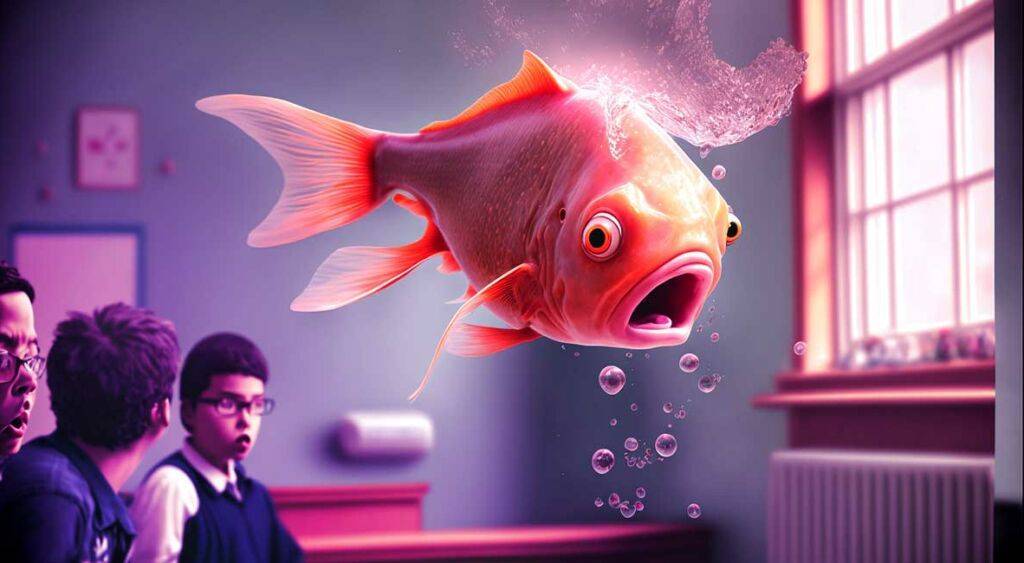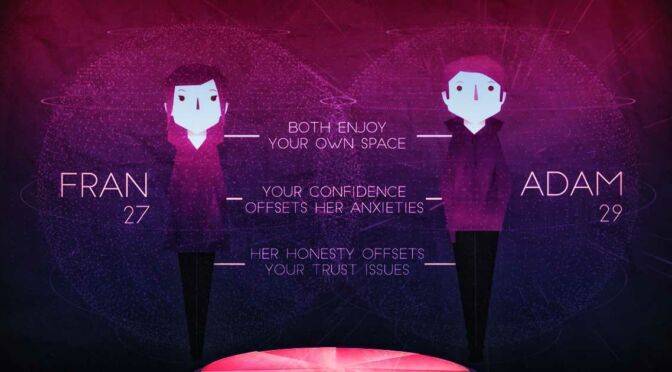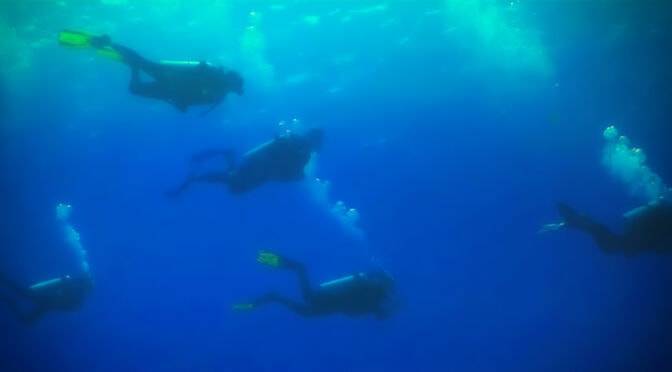
Admission: I’m often forgetful. In fact, I’ve forgotten more things than I can remember.
But, don’t get too smug.
Odds are that you, like almost every human, have a memory that’s approximately goldfish.
Why?
It’s because our super-special brains are only capable of holding 4-7 “fun-sized” bits of information at a time in our working memory
Wan't to see if you can do better? Take a glance at this set of numbers:
1 – 8 – 6 – 2 – 5 – 5 – 5 – 6 – 3 – 5 - 7
Now close your eyes and try to recall the numbers.
If you can, congratulations!
Only 1% of people can do this. This is because the brain is trying to take in 11 chunks of information instead of 4-7.
Let’s look at the number a different way:
800-555-6357
By formatting the bits like a phone number, it becomes much easier to remember. Our memory is able to expand when we effectively break down information into manageable chunks.
That said, our brain’s frontal lobes only keep that information for a few seconds. Then, another set of “chunks” will catch our attention. Worse, the learning centers of our brains can only deal with one or two ideas at a time.
So to efficiently learn anything, key information must get absorbed with precision. Then, your brain needs time to absorb it and encode it into long-term memory.
Nobel Laureate Eric Kandel explains in his book In Search of Memory that your brain needs rest to form long-term memories. This is why top athletes and other performers divide their practice into time-limited sessions with breaks.
During these breaks, it’s best to spend time daydreaming.
Many consider mind-wandering a bad habit, but when you daydream your awareness expands throughout your brain. Meanwhile, hundreds of thoughts get processed and stored in your deeper memory.
You can improve your recall by taking just 60 seconds to let your mind wander after you learn something new. Just sit back, relax, and let your mind go anywhere it wants. The same holds true if you’ve been focusing on a task for a while. If you set alarms to give yourself micro-vacations, your performance will improve.
By learning in small chunks and giving yourself seconds to daydream, your performance can soar like a pterodactyl.

Dive Deeper
Brain connectivity during resting state and subsequent working memory task predicts behavioral performance. Sala-Llonch R, Peña-Gómez C, Arenaza-Urquijo EM, Vidal-Piñeiro D, Bargalló N, Junqué C, Bartrés-Faz D. Cortex. 2012 Oct; 48( 9): 1187-96.
Brief wakeful resting boosts new memories over the long term. Dewar M, Alber J, Butler C, Cowan N, Della Sala S. Psychol Sci. 2012 Sep 1;23( 9): 955-60.
Words Can Change Your Brain. Newberg A, M.D., Waldman, M. R., Penguin Group, 2012.
Nondirective meditation activates default mode network and areas associated with memory retrieval and emotional processing. Xu J, Vik A, Groote IR, Lagopoulos J, Holen A, Ellingsen O, Håberg AK, Davanger S. Front Hum Neurosci. 2014 Feb 26;8: 86.
Kandel, E. In Search of Memory. Norton, 2006.
2-3X Your
Learning Speed

How Emotional Technology Can Enhance Your Life in the Future
Our pace of technological advancement is changing our lives exponentially. It’s exciting to think about what is around the corner. We

The Science of Writing Yourself Into a Better Multiverse
Only just thinking about positive outcomes is pretty flimsy foundation for optimism and self-esteem. A strong foundation needs reinforcement. To

Yu Yi: The Desire to Feel Intensely Again
yù yī – 玉衣 n. the desire to see with fresh eyes, and feel things just as intensely as you

How to Enhance Your Memory with Simple Learning Hacks
Admission: I’m often forgetful. In fact, I’ve forgotten more things than I can remember. But, don’t get too smug.

